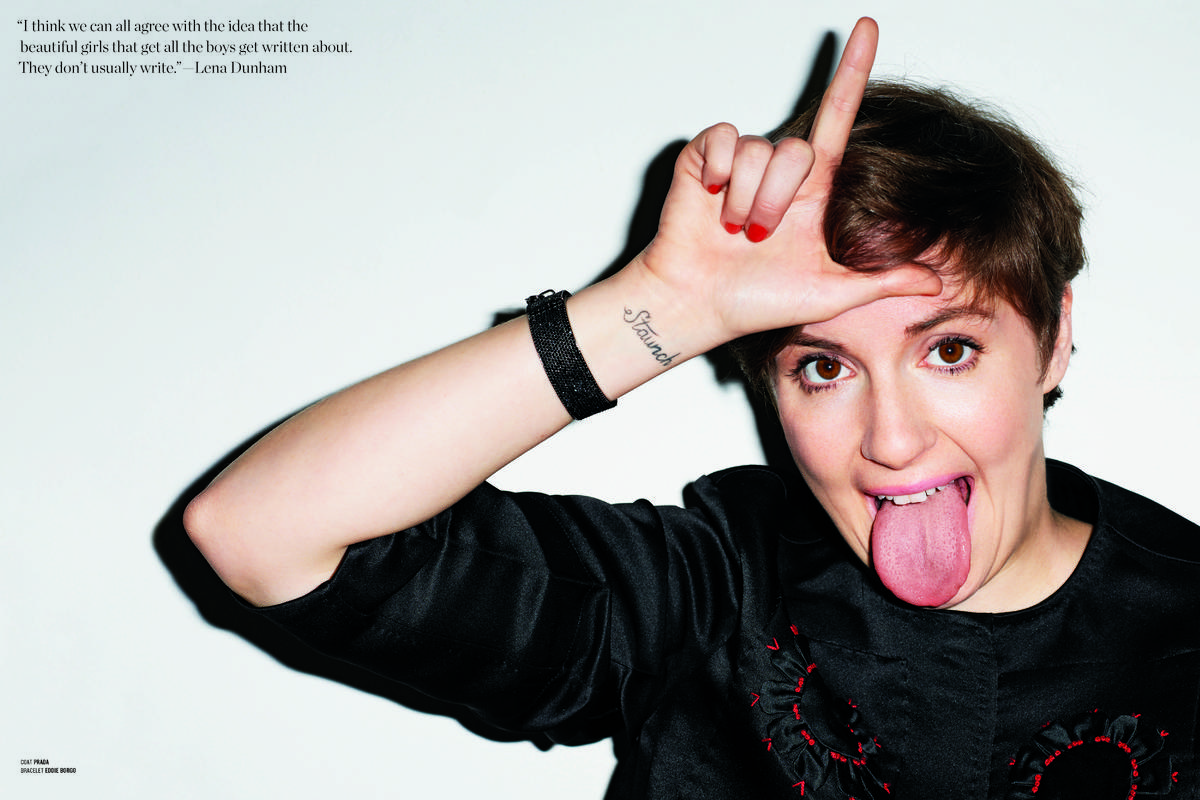(The Verge) – Have you heard it? The voice this week says “everybody knows somebody.” This is the theme for the National Eating Disorder Awareness Week. From February 24 to March 2, a collective effort is put forth by various individuals ranging from eating disorder professionals to students. The mission during this week is to raise awareness about eating disorders, the dangers they cause, the necessity for treatment, and the options available.
According to the National Eating Disorder Association (NEDA), over 20 million women and ten million men suffer from an eating disorder in their lifetime, Out of the 30 million that suffer, only ten percent ever receive treatment. 95 percent of these eating disorders are prevalent during the ages of twelve and 25.

These ages are the time when we are most susceptible to peer pressure and societal influences because we have not yet established ourselves as confident individuals. 70 percent of adults believe that encouraging the media and advertisers to use more average-sized people in their campaigns would reduce or prevent eating disorders. The adults are probably right, considering that 69 percent of elementary school girls who read magazines said that the pictures influence their idea of the ‘perfect’ body shape, according to a NEDA survey. Today, the average American woman is 5’4’’ and weighs 165 pounds; however, the average Miss America winner is 5’7’’ and weighs 121 pounds.
Since the 1920s, the average body mass index (BMI) of the American body has dropped from around 22 to 16.9, which is considered underweight. The skinny sensation is glamorized and flaunted not only by Miss America, but by a large percentage of other females portrayed in the media, mainly models and actresses.
Some television shows help encourage young women to look like models. Take for example HBO’s hit series Girls. The show’s is in its second season and if you haven’t seen it, you might have at least heard the body image ruckus that it has caused. Similar to Sex and the City, Girls follows the lives of four women in their early twenties living in New York City, without any filter on the late-night escapades or weekend brunch gossip; however, Dunham distinguished Girls with its lack of glamour and its emphasis on an emotional rawness that can better relate to the average woman. As the star character, Dunham plays an aspiring writer named Hannah Horvath. Being the main character, you’d expect to see a lot of Dunham. But for Girls, that is an understatement.
There are countless scenes in which we see Dunham totally exposed; such as eating a cupcake while in a bathtub, having sex with a man named Adam, and taking her shirt off in a nightclub. These sound like scenes we may have viewed in an episode of Sex and the City. So what’s the big deal? The answer lies in the question – ‘big’. Lena Dunham is far from the emaciated models seen walking down the runway. So far, she has been described as “short and pear-shaped,” “less than model-ish,” and “average weight.”
These portrayals are not insulting, but the media tends to frame them that way. Howard Stern was reported calling Dunham a “fat little chick”. Though Stern is known for being outspoken and controversial, he speaks for the media here in rendering that any woman who is not stick-thin should not be exposing her body. This is supported by Linda Stasi from the New York Post, who wrote, “It’s not every day in the TV world of anorexic actresses with fake boobs that a woman with giant thighs, a sloppy backside and small breasts is compelled to show it all.”
But in response to all of the hate, Dunham remains true to a statement during the first-ever episode, that she is “the voice of a generation”. Last fall, she drew attention for a leg-baring outfit. According to the New York Post, her reply was, “I don’t think a girl with tiny thighs would have received such no-pants attention. I think what it really was… ‘Why did you all make us look at your thighs?’ My response is, get used to it because I am going to live to be 100, and I am going to show my thighs every day till I die”. Her confidence and nonchalant attitude still show well in to the second season. In a People interview, she stated, “It’s not like ‘Oh, I did it first season, and now you guys get that there’s women of a certain size on TV, so I’m done!’”.

In the current season, Dunham has a fling with a 42-year-old attractive doctor, Joshua, played by Patrick Wilson. Yet again her body is flaunted during a scene of playing naked ping-pong and critics have been questioning “how a girl like her could be with a guy like him”. During the scene, Wilson asks Dunham if she thinks she’s beautiful. Her response is that she does, but it’s not the feedback that she is used to getting. That statement demonstrates that every girl has the power to disregard what others say or think and make the decision to consider themselves beautiful. Dunham should carry on in her efforts of becoming the “voice of a generation” with this message. Considering the NEDA statistic that 80 percent of ten-year-old girls are afraid of being fat, young women need a role model who deviates from the normal beauty standards and embraces it. While girls are vulnerable and learning beauty ideals, they do not think about how models and actresses dedicate their lives to diets and exercise. Even then, most of their bodies are photoshopped. Dunham has said that she writes to “figure things out”. I believe she has figured out a clear message that needs to continue extending across America. A NEDA review of nearly 50 years of research confirms that anorexia nervosa has the highest mortality rate of any psychiatric disorder and the prevalence of eating disorders is similar amongst all cultures in the United States. Evidently, eating disorders are a common and serious illness that must be addressed. With Dunham’s presence in the media, she can be a voice to steer future generations away from the body-obsessed culture. In her Golden Globe acceptance speech, Dunham shared, “This award is for every woman who ever felt like there wasn’t a space for her…And the cast, who have shown me the meaning of bravery and nakedness, both emotional and physical.” So in respect for this week remember, “everybody knows somebody” and like Dunham, you too can have a voice to help others.




